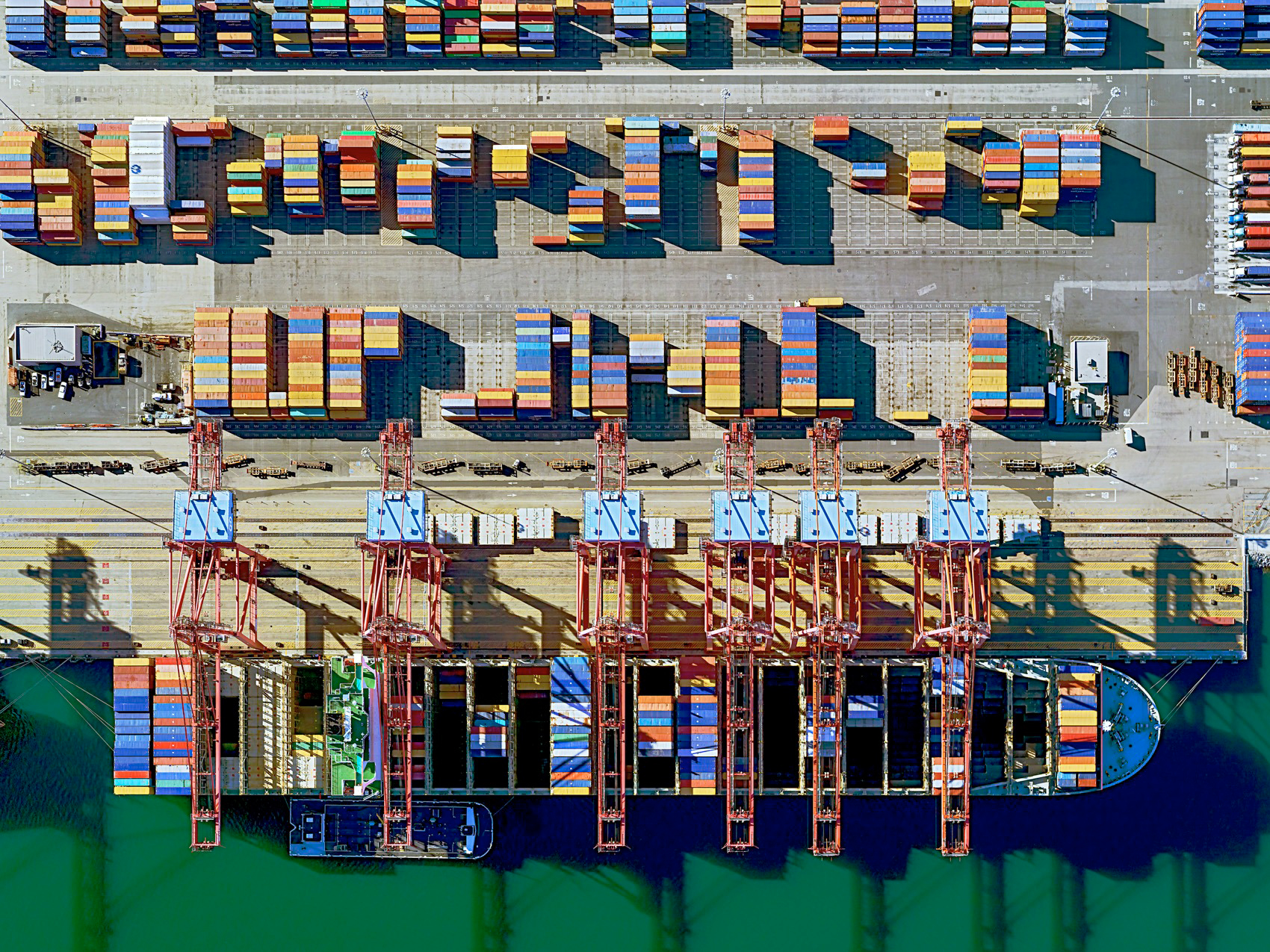
The most important economic question of 2016 will be whether the global economy grows or slides into recession. Haven’t we only just recovered from the last crisis? In fact, come June the world will enter the eighth year of a global economic expansion that began in 2009. If you consider that historically, global recessions happen on average every seven to eight years, it’s reasonable to ask whether a slowdown may yet be coming.
“Recessions follow expansions like night follows day,” says Ruchir Sharma, head of emerging markets and global macroeconomics at Morgan Stanley Investment Management. The only question: Where is the fault line?
Unlike in 2008, probably not with the U.S. consumer. With unemployment now at historically normal levels, oil and food prices low, the dollar strong and wage growth finally up, consumers aren’t quite bullish, but they’re in better shape than they’ve been in years.
The bigger risk is the American export sector, which has been a larger-than-usual factor in the recovery because of the Fed’s unprecedented easy-money monetary policies. That’s now changing. The Fed has begun to raise interest rates as Europe and other parts of the world are lowering them to buoy growth. That means the world is headed for a “Great Divergence” in monetary policy.
That will take the global economy into new territory. Often, interest rates in the major geographic regions rise and fall together. With the U.S. in recovery, both rates and the dollar are likely to go up. That will make American goods more expensive and put the U.S. manufacturing sector under pressure. It’s possible that European manufacturing may consistently outpace that of the U.S. for the first time since the Great Recession.
That’s good news for Europe but bad for the U.S. labor market, considering that the manufacturing sector is where a lot of good middle-class jobs come from. That is one reason that some smart observers like Mohamed El-Erian, the chief economic adviser to the global financial firm Allianz, are predicting a 25% to 30% chance of return to recession in the U.S. by 2017.
More Must-Reads from TIME
- Donald Trump Is TIME's 2024 Person of the Year
- Why We Chose Trump as Person of the Year
- Is Intermittent Fasting Good or Bad for You?
- The 100 Must-Read Books of 2024
- The 20 Best Christmas TV Episodes
- Column: If Optimism Feels Ridiculous Now, Try Hope
- The Future of Climate Action Is Trade Policy
- Merle Bombardieri Is Helping People Make the Baby Decision
Contact us at letters@time.com